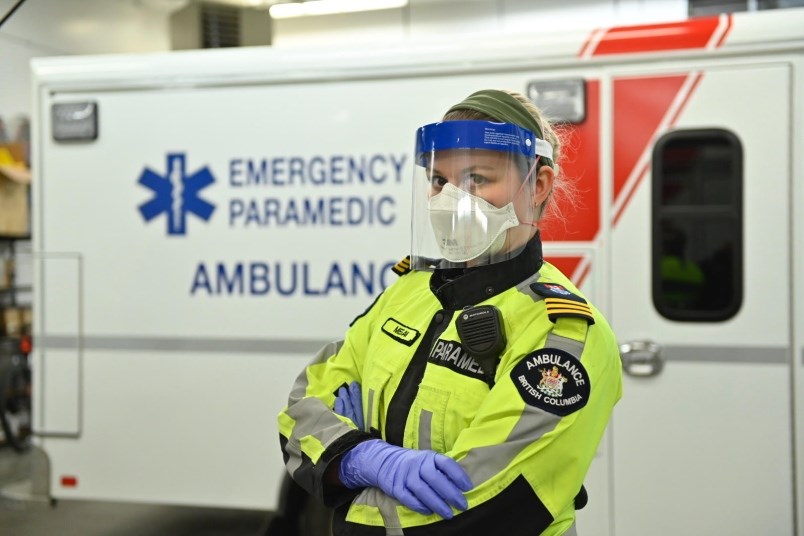Technical Safety BC is warning British Columbians to familiarize themselves with the signs, symptoms and potential sources of carbon monoxide exposure when out on their vacations.
Technical Safety BC, in its annual State of Safety Report, recorded three fatalities in recent years from carbon monoxide exposure at remote vacation properties where owners had installed propane-burning appliances, said a news release. These events potentially could have been avoided, the group said, with proper equipment installation, the use of carbon monoxide alarms, and better public education.
Common sources of carbon monoxide can include portable fuel-burning appliances, such as barbecues, furnaces, propane refrigerators, hot water tanks, portable heaters and stoves, as well as lanterns, fireplaces, and the exhaust from cars, boats, and recreational vehicles.
“My life has been forever changed by carbon monoxide exposure,” said Jessica Taschner, carbon monoxide survivor, in a statement. “It cost me my partner, my independence, and it has changed my life in every way. The biggest lessons I learned from my accident is the importance of knowing the symptoms of carbon monoxide poisoning, the need to check on friends by waking them when they are feeling unwell, and how crucial it is that people have a carbon monoxide alarm with them when visiting recreational properties. I don’t want anyone to have to go through what I have.”
Carbon monoxide is a colourless, odourless and tasteless gas produced when fuels are burned incompletely, including propane, natural gas, oil, wood, charcoal, alcohol, kerosene, or gasoline.
Signs of carbon monoxide poisoning include:
- Headaches and confusion.
- Vomiting and weakness.
- Dizziness, and chest pains.
Dean Schmitke, Incident Investigation Senior Safety Officer, at Technical Safety BC, has some tips for British Columbians to prevent carbon monoxide exposure while on summer vacation:
- Pack a battery-operated carbon monoxide alarm and use it when visiting rental properties, camping, or boating. When possible, ensure vacation rental lists a carbon monoxide alarm on-site.
- Only use portable fuel-burning appliances outdoors.
- Never block exhaust outlets.
- Never ignore the sound of a carbon monoxide alarm and know the signs of carbon monoxide exposure in humans and pets.
If you believe you’re being poisoned by carbon monoxide, or if your carbon monoxide alarm goes off:
- Turn your appliances off
- Get everyone outside, including pets
- Call 911 or your local emergency number
- Seek medical attention.
Additional information on the risks of carbon monoxide exposure while on summer vacation can be found on Technical Safety BC’s .



